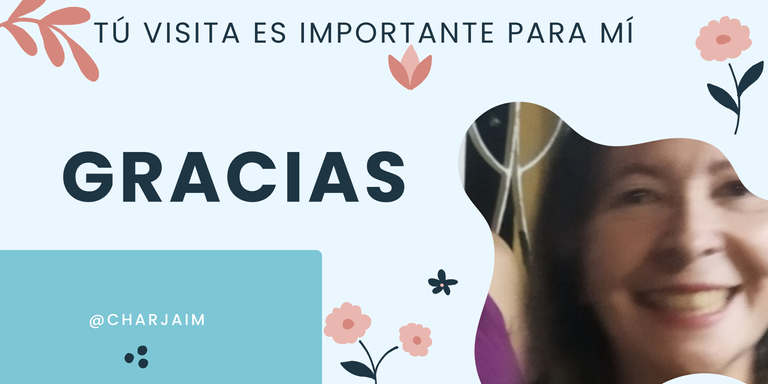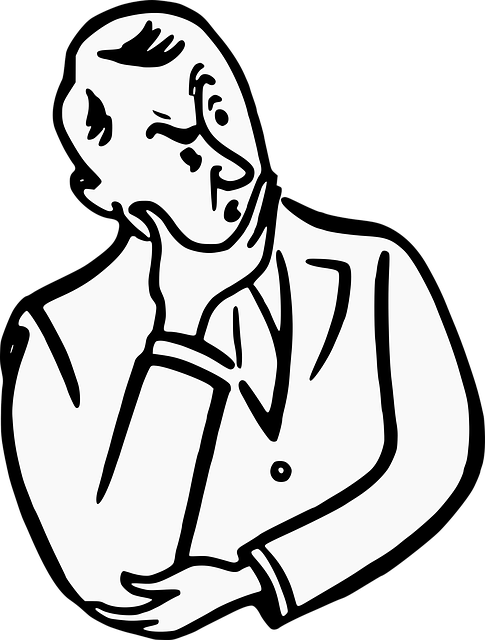Con frecuencia escucho a personas decir «yo no juzgo» o «no me gusta juzgar» y sin embargo, en sus actuaciones diarias, lo están haciendo, incluso lo hago yo en este momento.
Juzgar es una actuación de la vida diaria, lo hacemos permanentemente, muchas veces, sin
que nos demos cuenta: para evaluar, discriminar, reconocer qué está bien y qué está mal y tomar decisiones. Estas suelen crear conflictos personales, muchas veces innecesarios.
El problema surge cuando nuestro juicio nos lleva a dar dictámenes negativos de otra persona, a partir de una observación, que puede ser casual. Cuando nos permitimos hacernos ideas a priori a partir de un comportamiento, incluso de una lectura de algo que esa persona haya escrito. Lo vemos con frecuencia en las redes, cuando leemos los comentarios de los usuarios en cualquier red. Se leen críticas, burlas, recriminaciones, juicios, que no traen nada positivo.
Cada vez que emitimos una opinión incómoda, desagradable, fuera de lugar, de alguien, estamos juzgando, etiquetando y quitando a esa persona la posibilidad de ser otra en nuestra vida.
Decir «yo no juzgo» es realmente una falacia, pero no está de más, que exista el deseo de no hacerlo, en su forma castradora, esa que destruye al otro, para poner en primer lugar la actuación personal, esa que dice: "yo no sería capaz de hacer eso", o «yo siendo él habría hecho tal cosa.»
Hay un extraordinario libro de Elizabeth Kübler-Ross, llamado «La rueda de la vida». En este, ella analiza el tema de la muerte, nos ayuda a comprender las fases, que anteceden a la misma y su experiencia personal al ver morir a mucha gente. En una parte, ella habla de su visita a los campos de concentración del régimen nazi, obviamente, se horroriza, y juzga. Una mujer de nombre Golda que se había escapado de las cámaras de gas le dice:
«Tú también habrías sido capaz de hacer eso, si hubieras sido criada en Alemania nazi»
Entendemos que esta es una de las historias más crueles de la humanidad, pero que de haber sido criados allí, también habríamos participado de eso tan desastroso que cuestionamos, lo que implica ponernos en el lugar de cualquier persona, antes de emitir un juicio negativo. Y esto vale para todo.
Es la verdadera empatía, comprender qué hay detrás, en la infancia, de esa persona que tiene un comportamiento que no toleramos, qué elementos contribuyeron para que sea como es y entender que nosotros mismos con una crianza similar haríamos lo mismo o peor.
Cuando juzgamos nos dejamos llevar por nuestras creencias incluso por emociones tóxicas, que están dentro de nosotros mismos y que debemos sanar. El ego se hace presente, se envalentona, puede llenarse de ira y a partir de allí sacar eso que está dentro. Repito, a veces no se trata sino de algo que tenemos nosotros mismos y que deseamos sanar y no sabemos cómo y cuando lo vemos en el otro, se nos manifiesta en forma de ira, de enojo y surge el juicio.
¿Qué más podríamos hacer para aprender a no juzgar? ¿Cómo hacemos para tener al otro en un mejor lugar? ,¿Amar al prójimo conlleva emitir menos juicios?

I often hear people say "I don't judge" or "I don't like judging," and yet, in their daily activities, they are doing it, even I am doing it right now.
Judging is a daily activity; we do it constantly, often without realizing it: to evaluate, discriminate, recognize what is right and what is wrong, and make decisions. These often create personal conflicts, often unnecessary. The problem arises when our judgment leads us to give negative opinions about another person, based on an observation, which may be casual. When we allow ourselves to form a priori ideas based on behavior, even from reading something that person has written. We see this frequently on social media, when we read user comments on any network. We read criticisms, mockery, recriminations, judgments, which bring nothing positive.
Every time we express an uncomfortable, unpleasant, or out-of-place opinion about someone, we are judging, labeling, and depriving that person of the possibility of being different in our lives.
Saying "I don't judge" is truly a fallacy, but it doesn't hurt to have the desire not to do so, in its castrating form, the one that destroys the other, in order to put personal action first, the one that says: "I wouldn't be capable of doing that," or "if I were him, I would have done such a thing."
There's an extraordinary book by Elizabeth Kübler-Ross called "The Wheel of Life." In it, she analyzes the subject of death, helps us understand the stages that precede it, and her personal experience of seeing many people die. In one part, she talks about her visit to the Nazi regime's concentration camps; obviously, she is horrified and judgmental. A woman named Golda, who had escaped the gas chambers, tells her:
"You would have been capable of doing that too, if you had been raised in Nazi Germany."
We understand that this is one of humanity's cruelest stories, but that if we had been raised there, we would also have participated in that disastrous event that we question, which implies putting ourselves in someone else's shoes before making a negative judgment. And this applies to everything.
It's true empathy, understanding what lies behind, in childhood, that person's behavior we don't tolerate, what elements contributed to their condition, and understanding that, with a similar upbringing, we ourselves would do the same or worse.
When we judge, we allow ourselves to be carried away by our beliefs, even by toxic emotions, which are within us and which we must heal. The ego becomes present, becomes emboldened, can fill with anger, and from there, unleash what is within. I repeat, sometimes it's simply something we have within ourselves that we want to heal, and we don't know how. When we see it in others, it manifests itself in the form of anger, rage, and judgment.
What else could we do to learn not to judge? How can we put others in a better place? Does loving our neighbor lead to less judgment?



